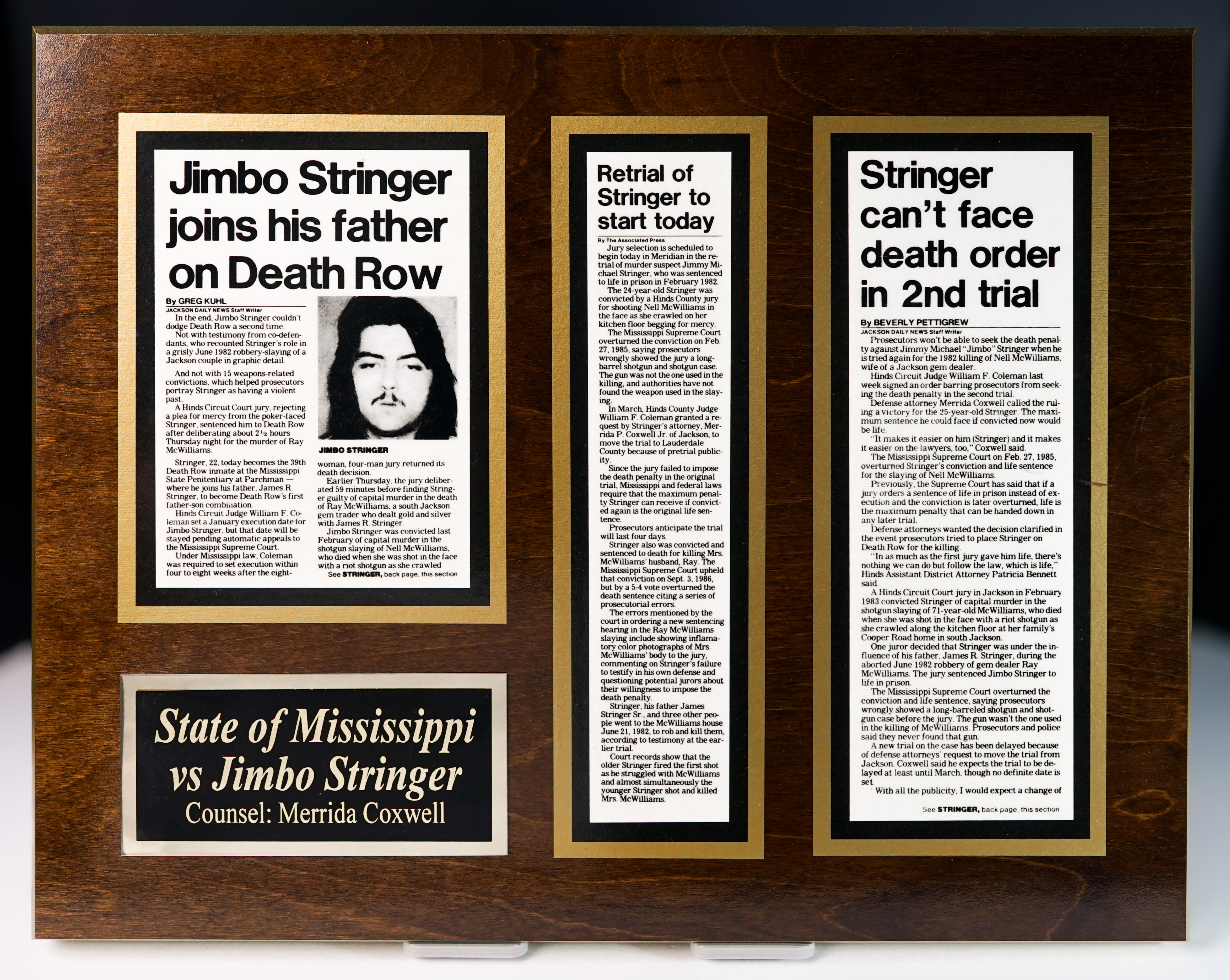Today, Natchez is home to more than 15,000 people. Natchez-Under-the-Hill is now occupied by shops and restaurants, rather than the taverns and bordellos which were once a haven for boatmen and outlaws. Each May, the month-long Natchez Opera Festival is held, plus many movies have been shot in the Natchez area, including Horse Soldiers, Rascals and Robbers, Ma, Raintree County, Crossroads, and The Autobiography of Miss Jane Pittman.
Natchez is home to the historic Jefferson College which was attended by Jefferson Davis. On the campus of Jefferson College, under the “Burr Oaks,” Aaron Burr’s trial for treason was held. The state’s first constitutional convention was held in 1817 in a Methodist Church building in Natchez. Near Natchez are the Grand Village of the Natchez Indians, Emerald Mound, Natchez State Park, and Homochitto National Forest. Some of the notable people from Natchez include:
- Glen Ballard, songwriter/producer, and five-time Grammy winner;
- Campbell Brown, political anchor for CNN and award-winning journalist;
- Ellen Douglas, novelist, and author, nominated for the National Book Award;
- Mickey Gilley, country music singer;
- Hugh Green, University of Pittsburgh all-American defensive end, Heisman runner-up;
- Von Hutchins, former NFL football player for the Atlanta Falcons, Houston Texans, and Indianapolis Colts;
- Rosa Vertner Jeffry, novelist, and poet;
- Marion Montgomery, singer;
- Lynda Lee Mead, Miss Mississippi and Mis America;
- Chris Shivers, two-time PBR world champion bull rider;
- Hound Dog Taylor, slide guitar player and blues singer, and
- Marie Selika Williams, the first black artist to perform at the White House.
Natchez Municipal Court
The Natchez Municipal Court is located at 233 D’Evereux Drive, Natchez, MS. The Municipal Court Judge presides over pretrial hearings, small claims proceedings, city traffic violations, and misdemeanor cases within the City of Natchez. Initial appearances, in which defendants are advised of the charges being filed, as well as bond hearings and preliminary hearings, are also held in the Natchez Municipal Court. The judge for the Natchez, Mississippi Municipal Court is the Honorable Judge Jim Blough.
Criminal Statutes of Limitations in Mississippi
Although victims of criminal offenses in the state certainly have the right to hold the perpetrator accountable, the accused also have rights. The criminal statutes of limitations set time limits in which legal action must be pursued, or no action can be taken. The criminal offense statute of limitations runs immediately after a criminal offense is committed—or beginning when the victim discovers damages from the criminal offense. If the accused is on the run, hiding from law enforcement, then the statute does not begin until he or she is located and is in the state or court’s jurisdiction—in other words, merely hiding out for a couple of years will not prevent a person who committed a criminal offense from being prosecuted.
All misdemeanor offenses in the state have statutes of limitations of two years. Some especially serious felonies do not have statutes (murder, manslaughter, aggravated assault, sexual abuse of a minor, human trafficking, domestic violence, kidnapping, rape, arson, and burglary). For conspiracy, abuse of a vulnerable person or assistance program fraud, the statute of limitations is five years. For larceny or theft of timber, the statute is six years, and for all other felonies in the state of Mississippi, the statute is two years.
Felonies and Misdemeanors in the State of Mississippi
Felony offenses are more serious than misdemeanor criminal offenses, and usually—though not always—are crimes against other persons. A felony in the state of Mississippi can also be a crime such as computer fraud or embezzlement—white collar criminal offenses. The primary distinction between felonies and misdemeanors in the state are the penalties—felonies have imprisonment sentences from one year to life, while misdemeanor offenses have jail sentences of one year or less.













